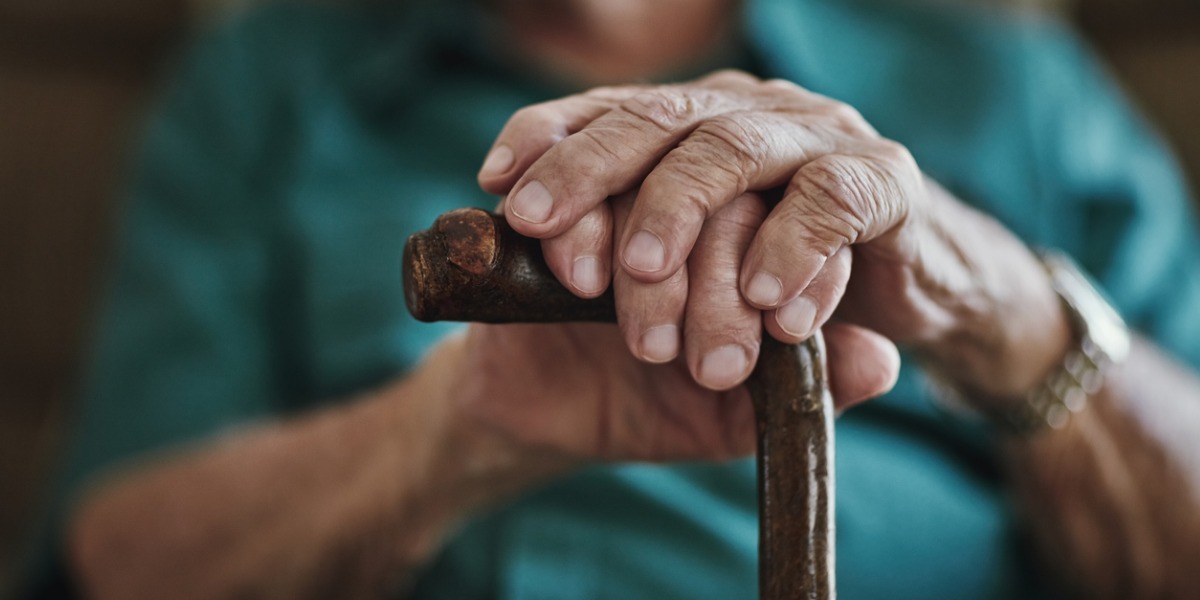Following on from February 2020 when the Aged Care Royal Commission (formally known as the Royal Commission into Aged Care Quality and Safety) began hearing evidence, results have been released of a national survey of over 10,000 adults.
Conducted by Roy Morgan Research from October 2019 to January 2020, Australians were asked for their views on older age and aged care.
This new research confirms that Australians of various ages want to live independently in their own home during retirement if there is assistance available. Many wouldn’t like to ever go into an aged care facility.
These results validate the opinion that Australia’s aged care system is in need of major reform to orientate with community expectations.
In addition to the survey taken by Roy Morgan Research, there was a large qualitative study by Ipsos that involved 35 focus groups and 30 in-depth interviews (conducted July to September 2019). The results are presented in Research Paper 4 – Ageing and Aged Care Survey and Research and Paper 5 – They look after you, you look after them: Community attitudes to ageing and aged care. Both research papers are also available on the Royal Commission’s website.
The full media release
13 July 2020
Australians of all ages want to be assisted to live independently in their own home during their retirement years rather than ever having to go to an aged care facility, new research from the Royal Commission into Aged Care Quality and Safety has shown.
The Royal Commissioners, Honourable Tony Pagone QC and Ms Lynelle Briggs AO, said the research confirms Australia’s aged care system needs major reform in order to align with community expectations.
“Australians want the Government and community to assist older people to live well in their own homes for as long as possible. The Royal Commission has been investigating how to achieve that.”
The research asked Australians for their views on older age and aged care through a national survey of over 10,000 adults by Roy Morgan (undertaken October 2019 to January 2020), and a large qualitative study by Ipsos involving 35 focus groups and 30 in-depth interviews (conducted July to September 2019). The results are presented in Research Paper 4 – Ageing and Aged Care Survey and Research Paper 5 – They look after you, you look after them: Community attitudes to ageing and aged care. Both research papers are available on the Royal Commission’s website.
The research found almost everyone values older people and wants them to be properly looked after when they need support or care.
The large majority of older people who are living independently enjoy happy, healthy and active lives. They make lifestyle choices to keep themselves independent and healthy as long as possible, including spending time exercising.
However, a number of older people need support to continue living independently, such as help with shopping, cooking, cleaning and attending medical appointments. People tend to prefer to receive this support from their family and friends, however, in the current aged care system most of this support is from paid help. Helping to support older relatives is more common among people from non-English speaking backgrounds.
Paid help from aged care service providers tends to be preferred by people when they need higher-level assistance, such as help dressing, eating, going to the bathroom and nursing care. Most people think this type of assistance would be inappropriate and burdensome for family to give.
People of all ages have a strong preference to remain living in their own home should they ever need support or care. Many want to downsize or move closer to family. Only 25% of older people would prefer to live in a facility should they need care.
People who experience prejudice and other trauma from institutions are particularly worried about living in an aged care facility, as are people with special health needs. This includes gay, lesbian, bisexual, intersex and transgender people; people who are homeless; people who were placed in institutions during childhood; parents separated from their children by forced adoption; and young people with disabilities.
Young people currently living in residential aged care facilities are highly critical of the care they get.
Around 84% of adults have visited a residential aged care facility. Overall the community has a very negative opinion about life in these facilities. They think the residents are often lonely, do not have control over their lives and are not happy, but have access to medical care and are safe in comfortable, well-maintained accommodation. The community is divided about whether residents receive the help they need with daily activities, whether they are respected, and whether there are enough activities for residents.
Few people know much about other aspects of the aged care system. Only 9% of people know about My Aged Care, the Government’s aged care information service. Only 4% know about the aged care regulator, the Aged Care Quality and Safety Commission. Most people have little idea of how much money the Government spends on aged care each year.
The Australian community’s lack of awareness about the aged care system helps explain why Governments have neglected to fix major, obvious problems. In its interim report, the Royal Commission showed there had been 20 major Government inquiries over the past two decades and many of the recommendations had been ignored.
The research papers were prepared for the information of the Royal Commission and the public. Any views expressed in them are not necessarily the views of the Commissioners. To read the Royal Commission’s research papers, please visit the publications page.
For interviews about this research, please contact:
Gerry Bardsley, Senior Research Director, Roy Morgan Research Institute: 0412 960 703
Jessica Elgood, Director of Public Affairs, Ipsos: 0431 656 217
For more information go to the Royal Commission into Aged Care blog
For more information on My Aged Care go to their website at My Aged Care



